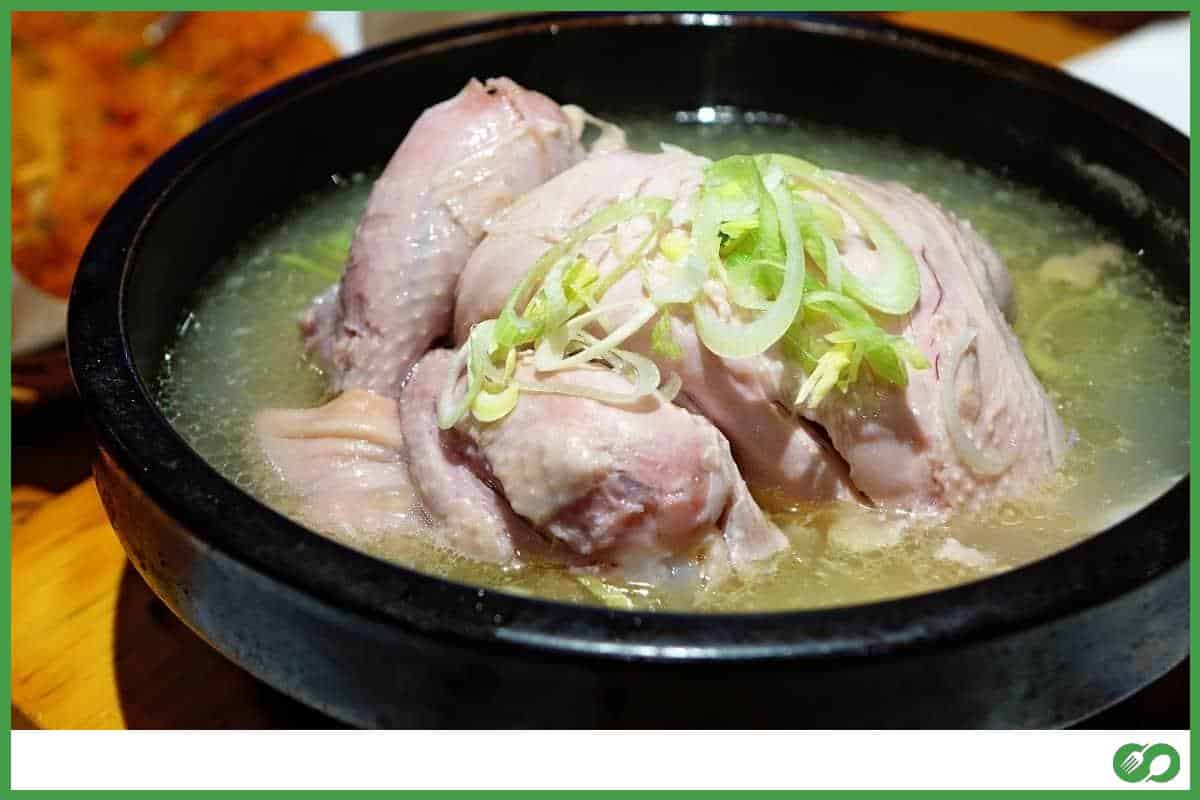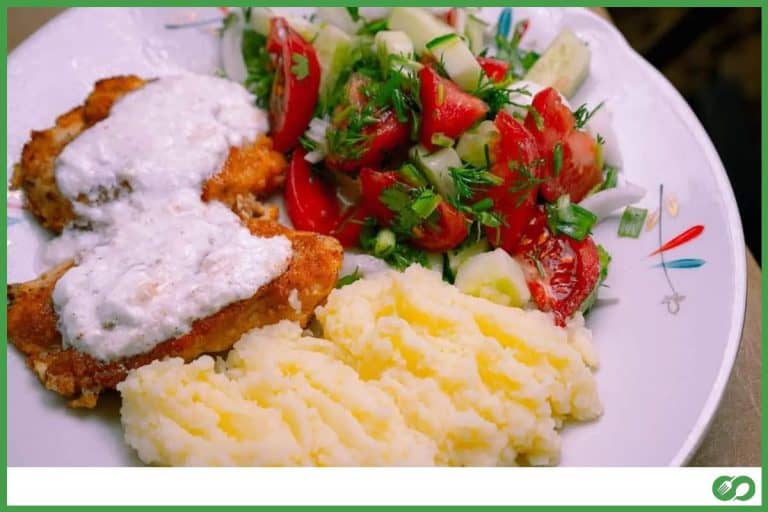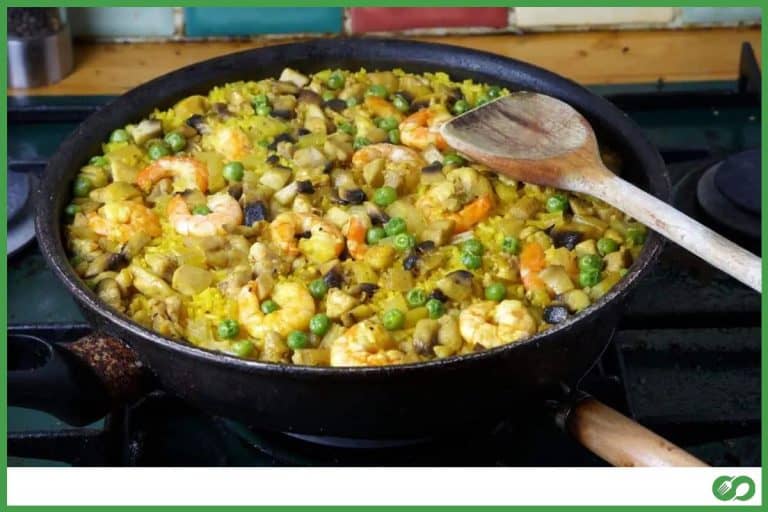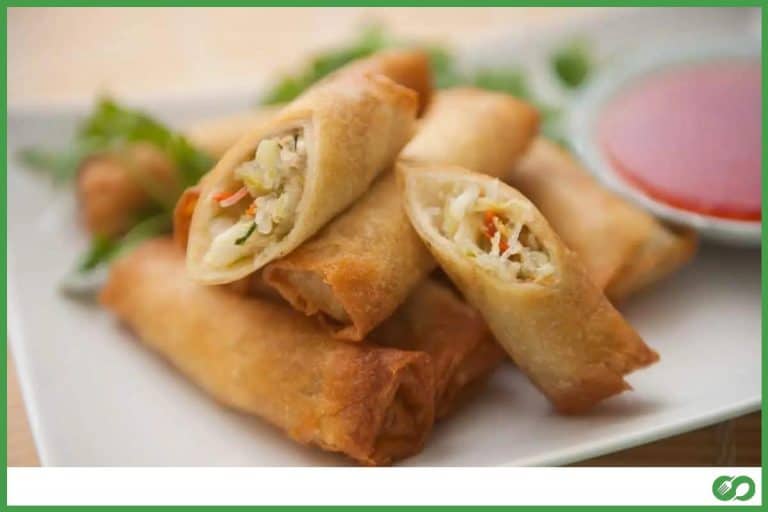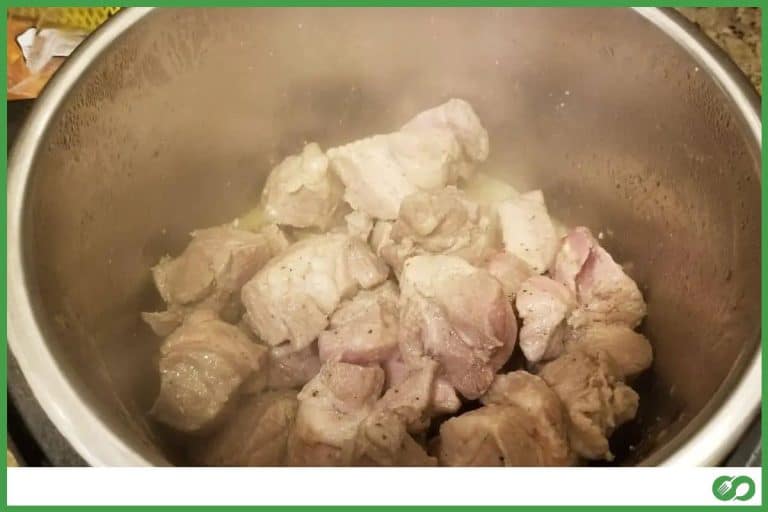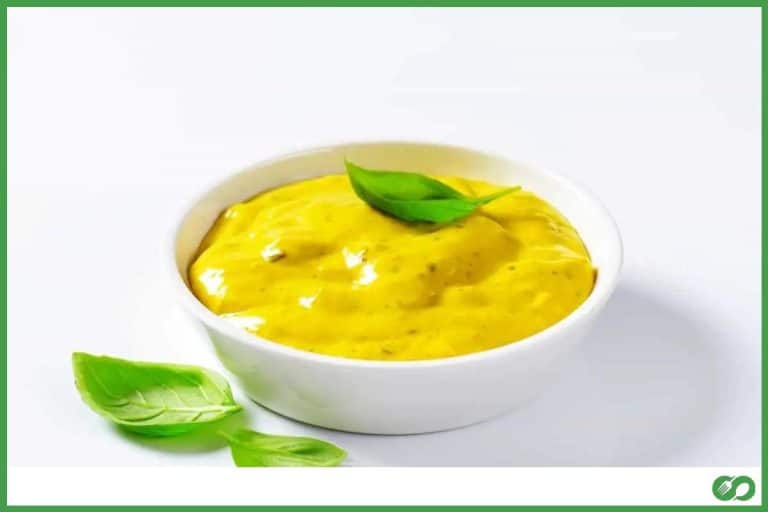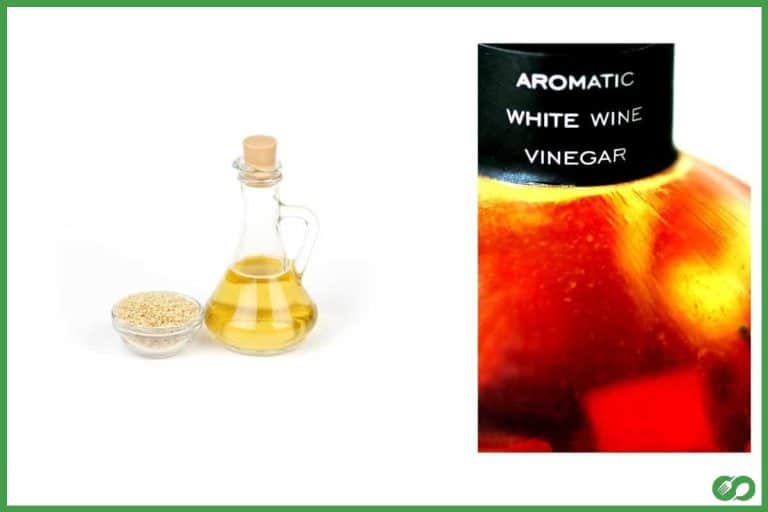Can You Overcook Chicken in a Soup? (How to Prevent it)
This post may contain affiliate links which means that, if you choose to make a purchase, I may earn a small commission at no extra cost to you.
In a world where people opt for short-cut meals to save some time for their hectic schedules, soup is often a popular choice. Chicken soup or chicken noodle soup is also a common option because it is simply delicious and quite easy to make. Yet, what can easily ruin your chicken soup is the texture of the chicken itself.
It is completely possible to overcook chicken in a soup. It can be done even when there is a lot of water in the pot. When you overcook chicken in a soup, it will have a tough texture and taste extremely dry. The chicken also ends up taking a shade of yellow.
Even though the notion sounds simple enough, you might still be curious about additional details. So, in this article, I am going to answer your question about if you can overcook chicken in a soup and how you can do so. I am also going to include some general precautions about it to further help you out. I would recommend reading the whole thing to be most informed.
How Can You Overcook Chicken in a Soup?
The chicken in a soup can get overcooked if you boil it for a long time at higher temperatures. In order to get a soft and tender taste, the suggestion is to only let the chicken simmer for 10-20 minutes at a temperature of 165 °F. When you boil it instead, due to the high temperature, the chicken ends up getting a rough texture. The chicken becomes difficult to chew.
Another reason for overcooked chicken in a soup can be the pieces of the chicken you chose are not compatible with each other. For instance, consider taking breast and leg pieces together. Leg pieces of a chicken consist of muscle fibers that are extremely strong. Hence, they take a lot of time to break down fully and turn soft.
As you cook the leg and breast pieces together, with the time taken to fully cook the leg pieces, the breast pieces of the chicken surpass the time needed for them to cook properly and they overcook. The texture of the breast pieces becomes dry and they toughen up.
How to Fix Overcooked Chicken in Soup
If you find that the chicken in your soup is difficult to chew and has a rough texture, there is no need to panic. There are still hopes of redeeming it. Below I have provided the instructions as to how you can fix overcooked chicken in a soup.
Step 1: Take out whatever chicken piece you included in your soup and cut them into small pieces. You can use a knife to cut them or even use a fork to shred them. As the pieces are now smaller, there is easier access for the moisture to seep into the insides of the chicken.
Step 2: Place the shredded chicken in the broth or soup for it to become moist. Submerge the chicken in such a way that the pieces are fully covered with broth.
Step 3: As the pieces of chicken begin to get soft, add in additional vegetables or spices to retain the original flavor.
Alternative Options
If you see that even after shredding the overcooked chicken pieces, you still do not like the taste of your chicken soup, you can simply transform the whole dish into something new. There is no need for wastage. You can add the chicken into a recipe of chicken salad or chicken casserole.
How To Cook Chicken Soup
Since I am talking about the importance of properly cooked chicken in chicken soup, I am also including a simple recipe for the meal so that you can have access to the full package. The step-by-step instructions are given below.
Step 1: In a large pan or pot, add 1 tablespoon of olive oil. Pour in carrots, onions, and any other vegetables you want to. Stir fry them for approximately 15 minutes.
Step 2: Pour in 1.4 liters of chicken stock. Let the mixture boil and then cover it. Allow it to simmer.
Step 3: Add the pieces of your chicken pieces.
Step 4: Drain away half of the liquid mixture.
Step 5: Use a stick blender to turn the mixture thick. Gradually, it will turn into a puree.
Step 6: Add whatever seasonings you prefer. You can also add peas if you like. Let the mixture simmer for about 5 minutes until you think it is properly heated. Your soup is ready to serve.
Step 7: In a separate container, mix in lemon juice, garlic, and Greek yogurt. You can add a little bit of this mixture to your chicken soup. This last step is optional unless you are in the mood to be experimental.
How to Prevent Chicken from Becoming Dry in Soup
Fixing overcooked chicken in a soup can be a hassle at times. Sometimes, you cannot even get the texture you were originally looking for and you have to throw the whole thing away. A properly cooked chicken piece will lose all its pinkish tinge on the insides. Although do not be alarmed if you still see a little bit of a pink tint.
So below, I have included a few precautions you can take beforehand so you can avoid the prospect of overcooked chicken in soup altogether. Before following these, I would suggest buying a whole chicken so that you have a lot of options to choose from. These suggestions can apply to other types of meat you may want to use as per your preference.
Right timing and temperature
Add the chicken pieces to the soup or broth 10-20 minutes before it gets done cooking. This way, there is no chance of the chicken being overcooked. As mentioned before, let the chicken simmer and not boil. The temperature should be around 165 °F.
Shredding the chicken pieces
If you are using breast pieces of chicken, take them out of the pot when they reach a temperature of 155 °F. Make sure you always have an instant-read thermometer nearby while cooking chicken soup. After taking them out of the pot, take your carving knife and shred the breast pieces into smaller pieces.
Then, return the shredded pieces back to the pot and into the stock. Due to the chicken pieces being in smaller pieces, the pieces can be broken down at a faster rate and they get seared faster too, without losing any of the essential juices of the meat.
Brine
Brining can help the chicken in a soup hold onto its moisture. This means it will prevent the chicken from being dry. It will also accelerate the cooking process. Through brine, I mean submerging the chicken in a solution of salt and water. You do not have to include any other spices or flavorings.
You can leave the chicken in the brine solution hours or even a few days beforehand. The brine solution should have 5-10% of salt consistency by weight. This will help make the chicken juicier once it is cooked.
Thigh pieces
Although breast pieces are a common choice, I would suggest using thigh pieces of a chicken at times too. In fact, breast pieces have a higher chance of becoming dry quickly than that of thigh pieces. Thigh pieces are comparatively cheaper as well.
Of course, you have to go for boneless thighs. They have more sinews and fat compared to the other pieces. This helps with retaining the moisture of the meat.

